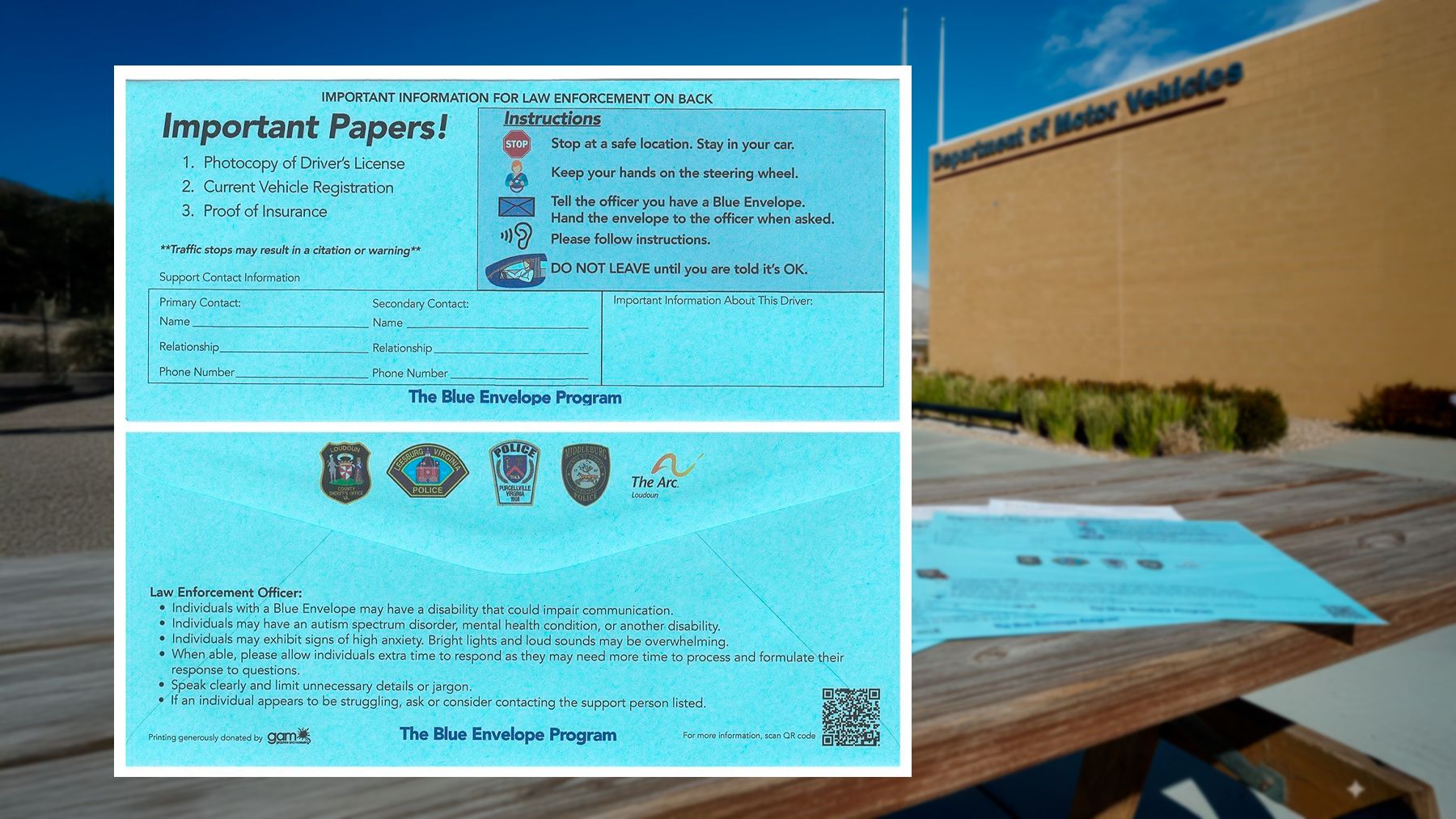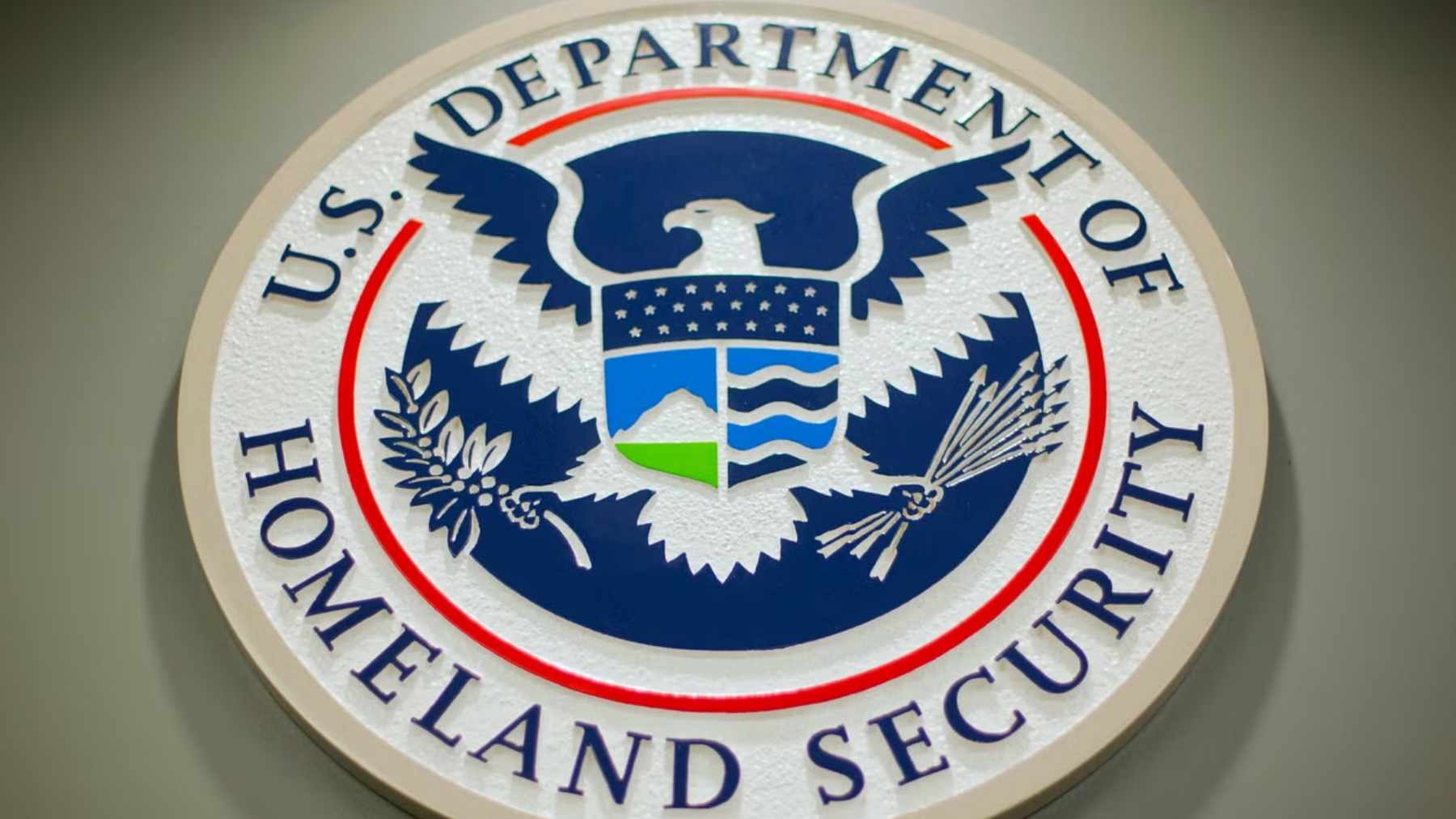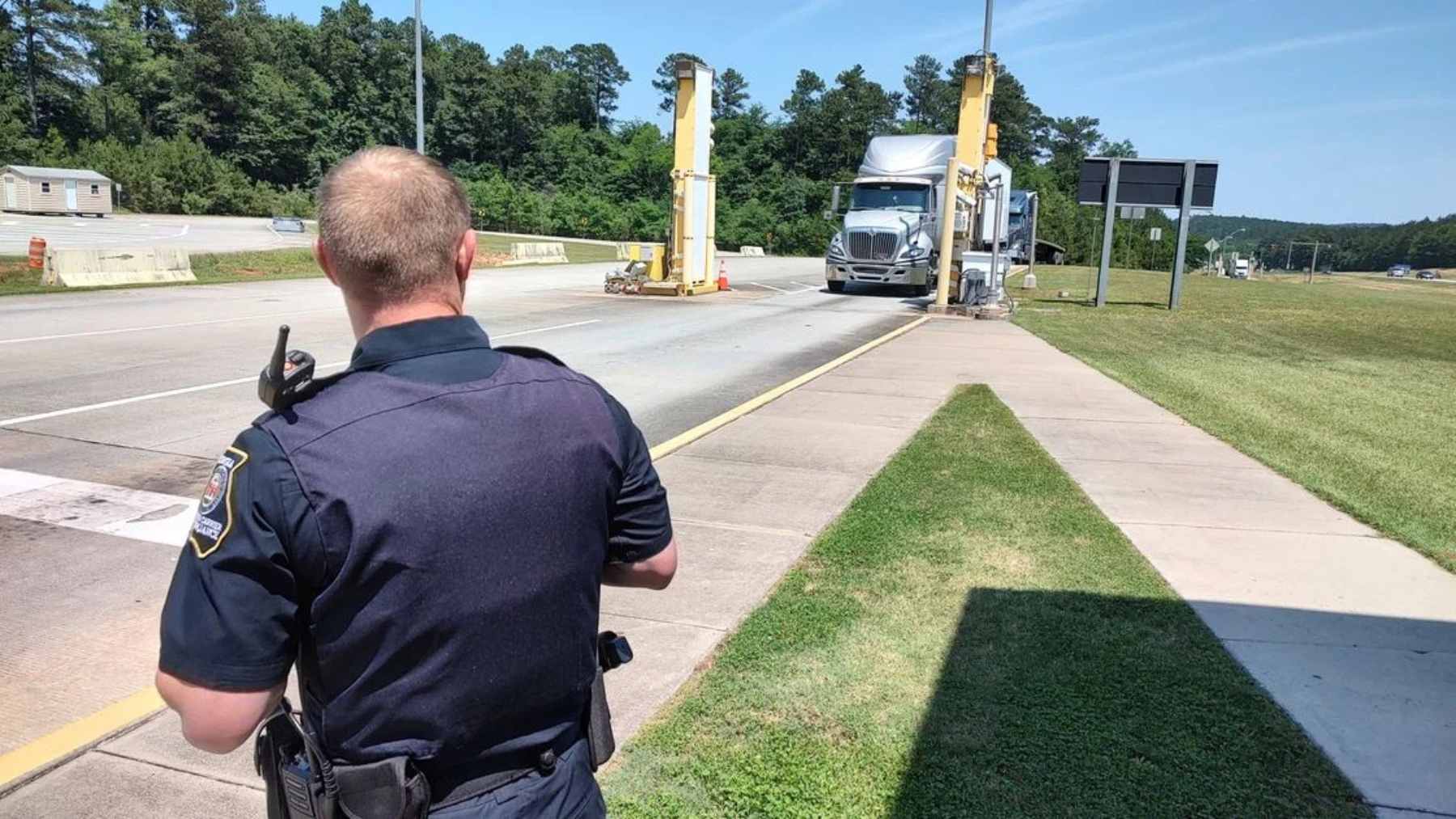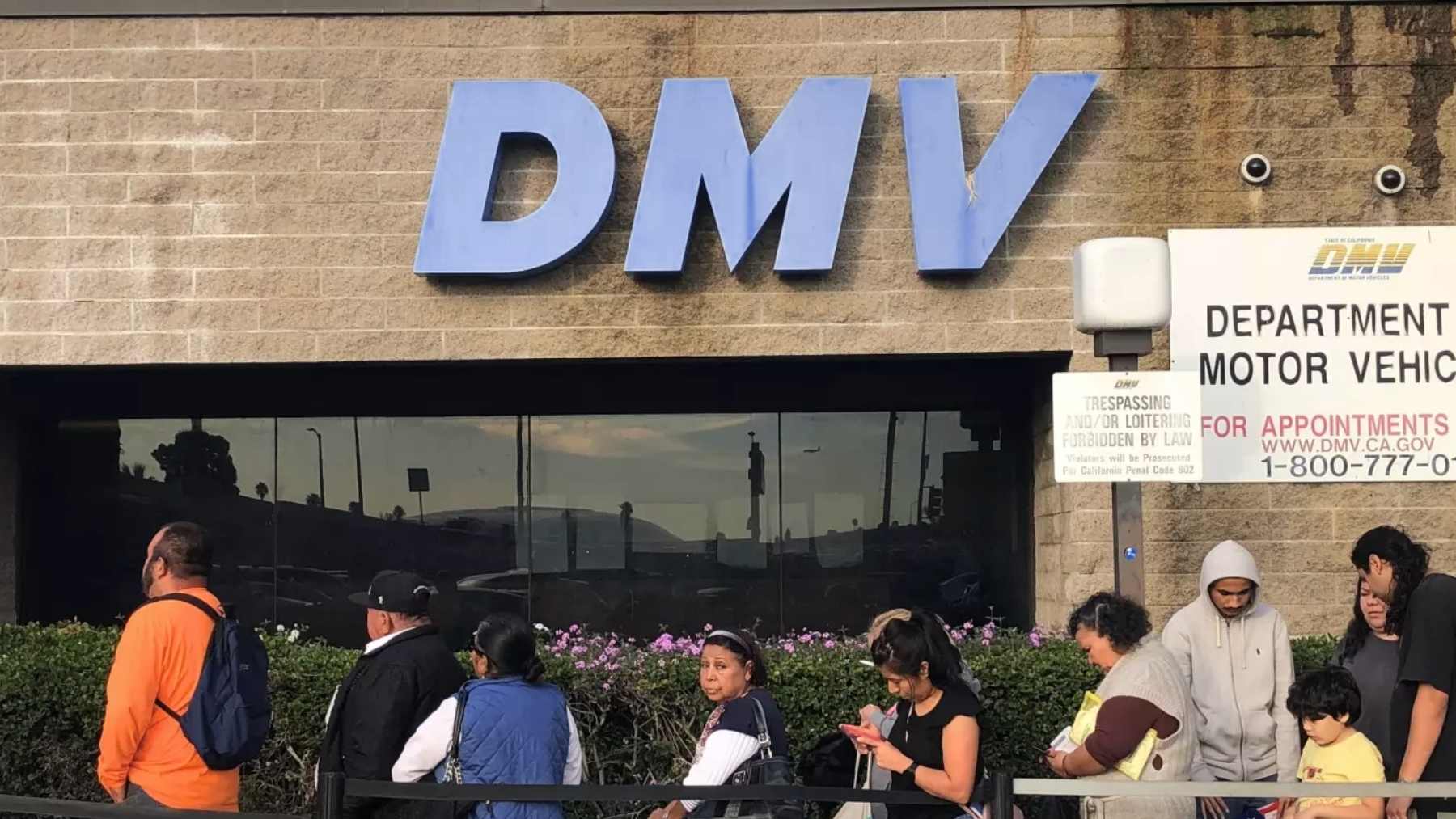Changes to this program have just been announced by the DMV of this state. Changes to driving laws and regulations are constantly subject to changes and updates. This can be anywhere between amending the severity of penalties associated with breaking driving legislation, changing driver’s license test requirements, and even updating legislation to make provisions for more modern technology, such as automated camera technology and digital driver’s licenses.
Changes to driving legislation across states
Laws that are most subject to change at the federal and state levels are those pertaining to road traffic policy and legislation. These changes are constantly in flux in order to ensure that road policies remain both contemporary and responsive to the needs of the modern world, as well as ensuring that these changes are consistently maintaining road user safety as the main underpinning of all legislation.
This year, some of the biggest changes that states have been implementing are creating stricter and increased penalties for drivers who continue to violate speeding and distracted driving regulations. Two of the primary causes of traffic accidents are speeding and distracted driving; however, curbing these behaviours is difficult to do unless law enforcement is actively present to catch drivers who are breaking these laws. In order to deter drivers from breaking these driving policies, many states have increased the penalties associated with excessive speeding, specifically, where you may now face jail time in addition to fines worth thousands of dollars.
Other recent changes that are being seen across states are the implementation of automated camera technology programs to help law enforcement actively monitor the roads to catch drivers who still refuse to abide by speeding laws or who run through red lights. While some locations have been making use of this technology for years, with New York City growing its automation program for over a decade, others are only just starting to make use of this technology.
New Blue Envelope program changes announced by the DMV
Another new change, which has just been announced, is updated legislation regarding the Blue Envelope program in Virginia. Virginia House Bill 2116 enables the designation of non-apparent disabilities on driver’s licenses and identification cards as a way to support the Blue Envelope program in the state. The Blue Envelope program is designed to help communication between law enforcement and people with disabilities on the road in the event that they may get pulled over.
“The Blue Envelope Program is a voluntary program designed to improve interactions between law enforcement and individuals with conditions or disabilities that may result in communication challenges,” describes the Town of Leesburg, Virgina, Police Department website.
These blue envelopes are kept in the vehicles of drivers with disabilities and contain information regarding the driver’s specific disability to assist police officers with recognizing the specific communication needs the driver may have in their interaction with the police. The envelopes also provide storage for copies of essential documents.
Other changes are coming to the roads of this state
Other changes that Virginia recently implemented this year, which affect all drivers and not just those with disabilities, are a new seat-belt law, which kicked off on July 1 of this year. The new legislation now makes it illegal for drivers in the backseat of a vehicle not to wear a seatbelt.
The new seatbelt legislation is intended as an added protective measure from state authorities, as it has been well documented that wearing a seatbelt significantly increases your chance of surviving a vehicle crash. All states provide some type of legislation requiring occupants to wear a seatbelt, except for New Hampshire, which is the only state that does not have any mandatory seatbelt legislation for vehicle occupants over the age of eighteen years old.















